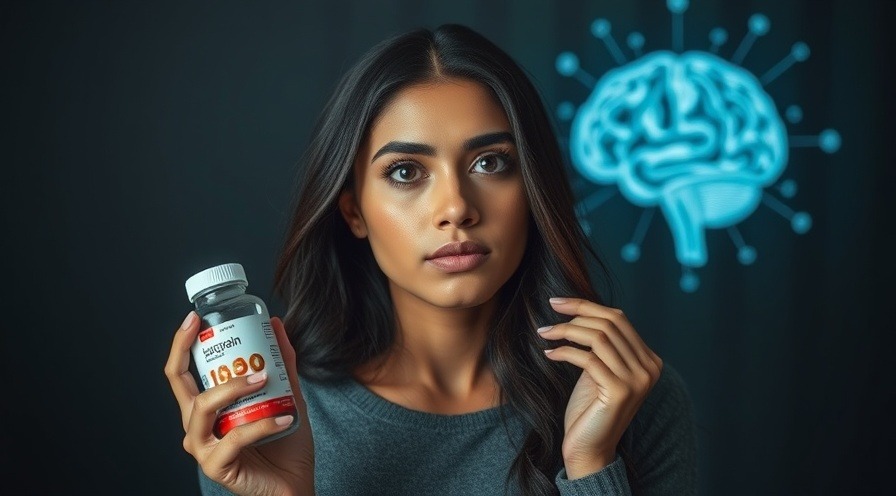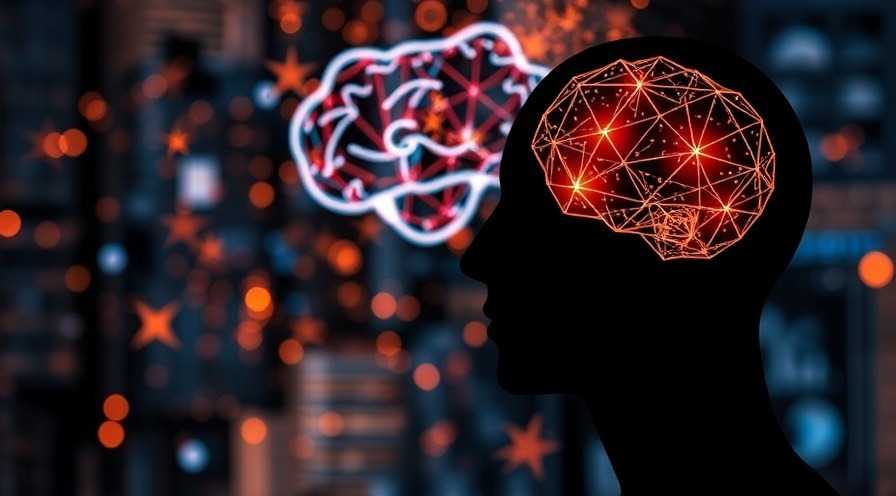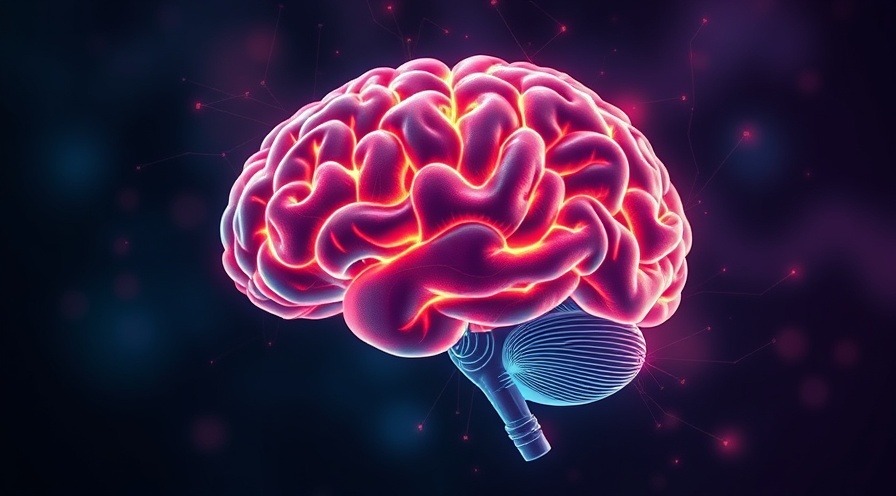
Unlocking Your Mind: The Buzz Around Adaptogens and Nootropics
If you've ever found yourself searching for that elusive cognitive edge — a way to enhance your focus or alleviate mental fog — you might have come across the terms adaptogens and nootropics. Marketed as natural remedies for those seeking sharper minds and better stress management, these supplements are touted to be revolutionary in enhancing cognitive powers. However, are they genuinely effective, or merely part of the latest health trend?
In "Brain Boost or Biohacking Hype? The Real Deal on Adaptogens and Nootropics," Dr. Tracey Marks evaluates the science behind these supplements, encouraging a balanced understanding while we delve deeper into their beneficial aspects.
Dr. Tracey Marks, a psychiatrist and mental health educator, dives into the science behind these substances in her insightful video, "Brain Boost or Biohacking Hype? The Real Deal on Adaptogens and Nootropics." She aims to demystify these supplements, shedding light on what works, what doesn’t, and how to make informed decisions regarding their use.
What Are Adaptogens and Nootropics?
Adaptogens are natural compounds — typically derived from plants — that assist the body in adapting to stress. They have roots in ancient wellness practices from Ayurveda and traditional Chinese medicine, designed to help stabilize the body under physical and emotional stress. On the other hand, nootropics specifically aim to boost cognitive functions such as memory, attention, and creativity. This category spans both natural and synthetic compounds, with some like modafinil used primarily for medicinal purposes.
The Science Behind Adaptogens: How Do They Work?
According to Dr. Marks, adaptogens primarily affect the HPA axis, which regulates the body’s stress response. By balancing cortisol levels — the hormone released during stress — adaptogens like ashwagandha, Rhodiola rosea, and panax ginseng can potentially enhance mental clarity and resilience. While many users report positive outcomes, the effectiveness varies for everyone and is influenced by personal health factors.
Top Adaptogens to Consider
1. Ashwagandha: Well-documented for its ability to reduce anxiety and stress. Clinical studies indicate that a daily dosage of 300 to 500 mg can enhance cognitive function impacted by stress. (LEARN MORE HERE.)
2. Rhodiola Rosea: Shows promise in improving mental clarity, especially under stress. Typical doses range from 200 to 600 mg, and it works best when stress has negatively affected performance.
3. Panax Ginseng: While the research is mixed, some evidence suggests it can improve attention and memory, particularly in older adults. Dosages fluctuate from 200 to 400 mg, and cycling use may prevent diminished effects.

Exploring Nootropics: What to Expect
Unlike adaptogens, nootropics like a combination of caffeine and l-theanine, as well as choline sources such as citicholine, focus on enhancing specific cognitive functions. For instance, l-theanine, found in green tea, promotes a calm alertness when paired with caffeine — making it a popular option for beginners. Doses generally range from 100 to 200 mg of theanine alongside caffeine for optimal effects.
Mindful Supplementation: A Personal Experiment
Understanding that individual responses to these supplements can vary greatly is crucial. Factors such as genetic composition, gut health, and lifestyle habits will dictate your experience. Therefore, treating the use of adaptogens and nootropics as an experimental process rather than a guaranteed solution is sensible.
Dr. Marks highlights that if these supplements are considered, it should be when basic health practices like sleep, nutrition, and exercise are already aligned. The takeaway here is that there’s no magic pill; enhancing mental performance should combine both a responsible supplementation approach and holistic self-care.
For those grappling with burnout, brain fog, or midday fatigue, a targeted approach using adaptogens or nootropics may offer assistance. However, they should never replace foundational wellness strategies.
Final Thoughts: Empower Yourself with Knowledge
As we navigate the ever-evolving world of health supplements, staying informed is paramount. While adaptogens and nootropics can potentially boost mental health and performance, it's essential to proceed with caution, gathering evidence and personal feedback from trusted sources. What’s your experience with these cognitive enhancers? Share your thoughts in the comments!
Disclaimer: The information provided on this website is for general informational purposes only and should not be considered medical advice, diagnosis, or treatment. Always consult a qualified healthcare professional before making any decisions or taking actions related to your health, including but not limited to medical conditions, devices, treatments, diets, supplements, or exercise programs. The content on this site is not intended to replace professional medical guidance. The website and its authors are not responsible for any actions taken based on the information provided. Ask your doctor or licensed medical professional first.
 Add Row
Add Row  Add
Add 




Write A Comment